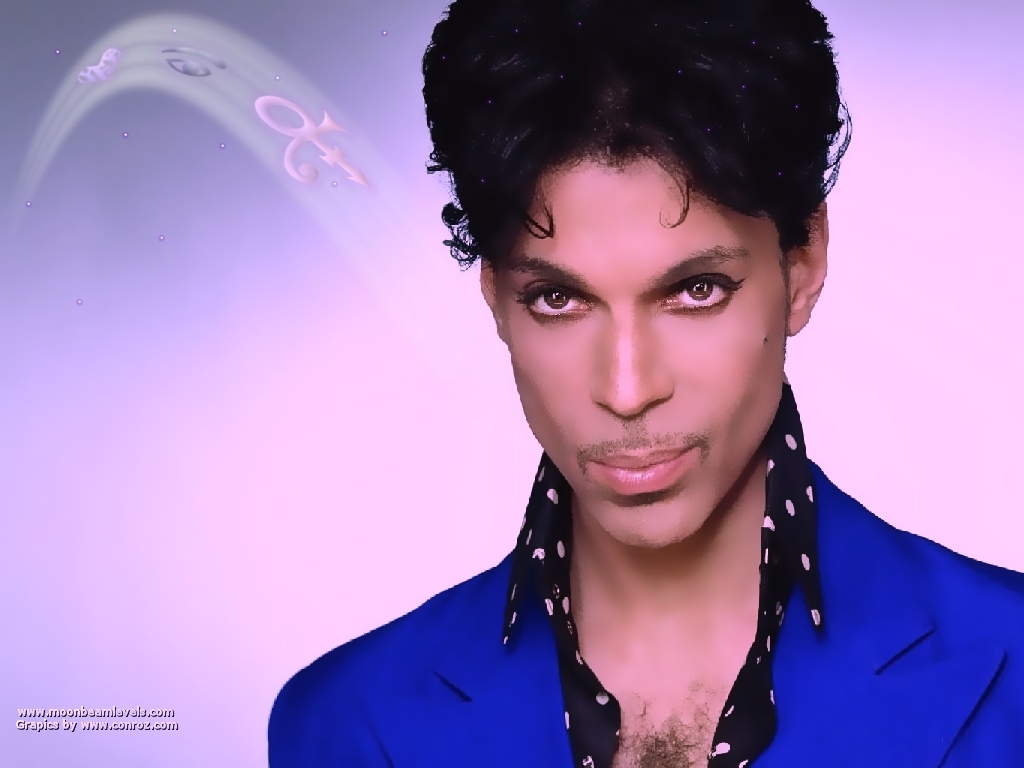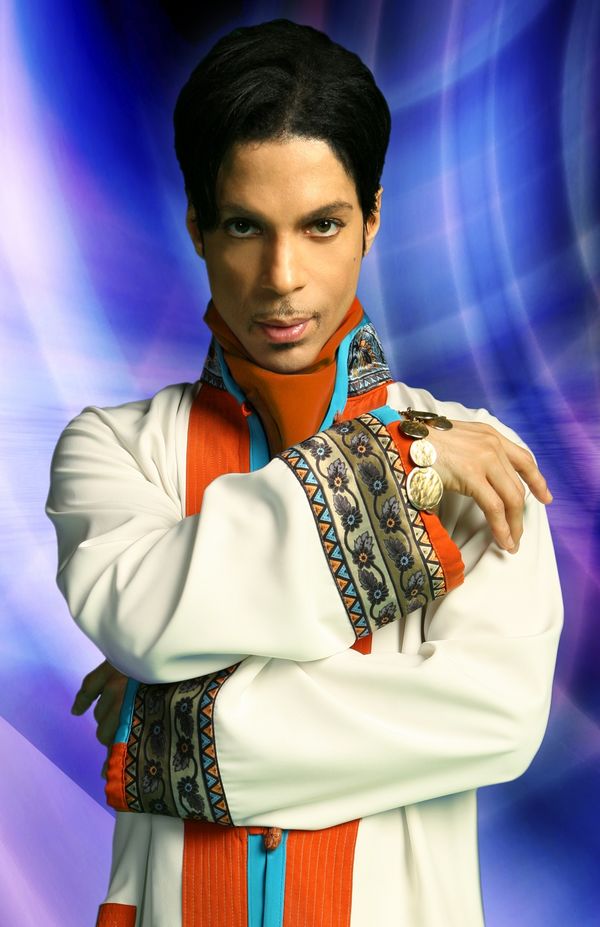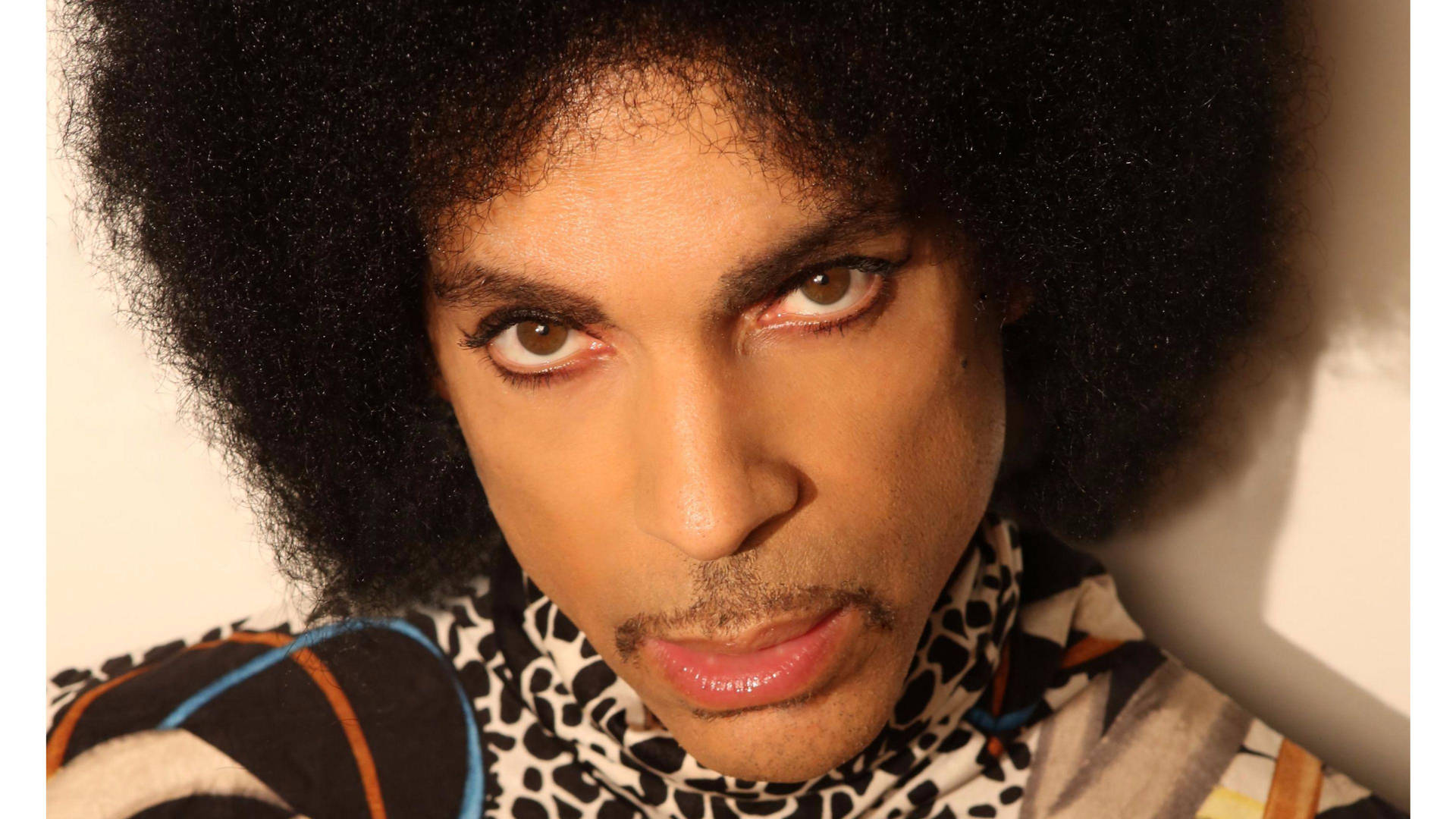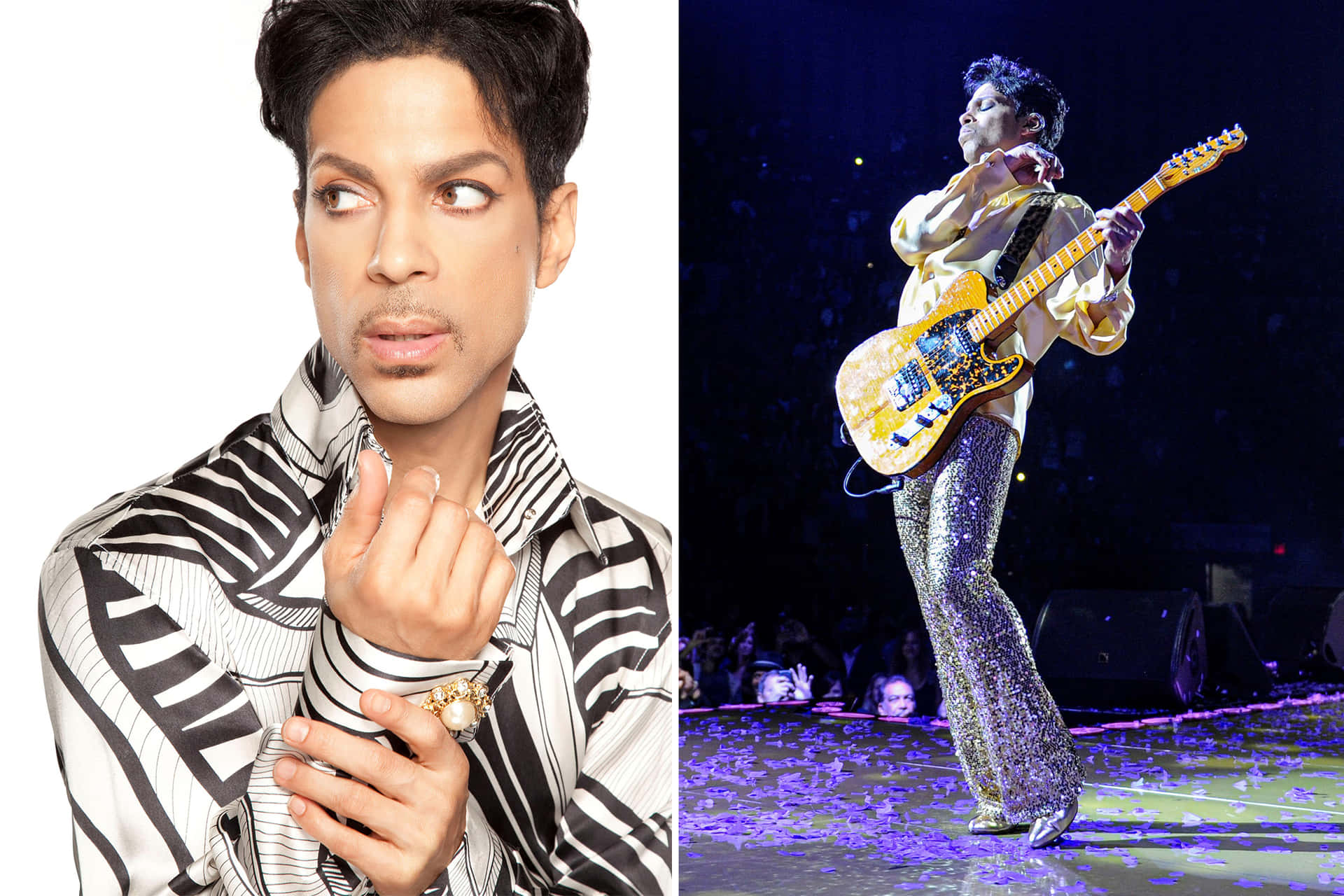The story of Prince Akeem, the protagonist from the iconic 1988 film “Coming to America,” serves as a rich narrative that transcends time and culture. In many ways, it can be likened to a modern-day Babylonian tale, where themes of identity, love, and the quest for purpose are explored. This article delves into the multifaceted aspects of Akeem’s journey, drawing parallels with ancient Babylonian culture and values, and examining how these themes resonate in today’s society.
Understanding Akeem’s Journey
Prince Akeem Joffer, played by Eddie Murphy, is the heir to the throne of Zamunda, a fictional African nation. His story revolves around his desire to find true love rather than enter into an arranged marriage. This quest for authentic relationships and individual happiness is a universal theme that has echoed throughout history, including the narratives of ancient civilizations like Babylon.
A Quest for Authenticity
At the heart of Akeem’s story is a fundamental quest for authenticity. He rejects the expectations placed upon him by his royal status and seeks to experience life as an ordinary man. This theme mirrors the Babylonian belief in the importance of individuality and personal agency, as seen in their literature and law codes.
- The Epic of Gilgamesh: This ancient text illustrates the journey of its titular hero who seeks out wisdom and meaning beyond his kingly duties.
- Code of Hammurabi: It emphasizes the importance of justice and the individual’s role within society, showcasing a balance between personal desires and societal expectations.
Akeem’s journey is emblematic of a broader human experience, where the search for one’s identity often conflicts with societal norms. This tension remains relevant in today’s world, where many young adults grapple with expectations from family, culture, and society at large.
Love and Relationships: The Heart of the Tale

The pursuit of love is a central theme in Akeem’s story, demonstrating how genuine connections can transcend cultural boundaries. Unlike traditional narratives where love is often predetermined, Akeem’s journey emphasizes the importance of mutual respect, understanding, and choice in relationships.
Breaking Stereotypes

Akeem’s character challenges stereotypes about African royalty and masculinity. His vulnerability, humor, and kindness paint a different picture than the often aggressive and domineering portrayals of princes in both ancient tales and contemporary media. This approach resonates with modern audiences who value emotional intelligence and authenticity in relationships.
- Real-life Example: The rise of romantic comedies in cinema reflects a shift towards valuing emotional connections over traditional tropes of love.
- Statistics: According to a 2020 survey by the Pew Research Center, 62% of Americans believe that love and companionship should be the foundation of marriage, rather than family or financial considerations.
Challenges and Growth: Akeem’s Transformation

Akeem’s journey is also marked by various challenges that lead to personal growth. His experiences in New York City expose him to a world vastly different from his own, ultimately shaping his understanding of love, culture, and identity.
Lessons from Adversity
Much like the heroes of Babylonian mythology who faced trials, Akeem learns valuable lessons through hardship:
- The Value of Humility: Akeem’s initial arrogance diminishes as he navigates life without the privileges of royalty.
- Empathy and Understanding: His interactions with the diverse characters in New York foster a deeper appreciation for different cultures and perspectives.
This character arc mirrors the timeless tales of heroes who undergo significant transformations through their struggles, a common theme in both Babylonian and modern storytelling.
Cultural Resonance: Babylonian Themes in Modern Context

The parallels between Akeem’s story and Babylonian culture highlight the timelessness of certain themes. The ancient Babylonians valued elements such as wisdom, justice, and the quest for meaning—values that continue to resonate today.
Value Systems and Societal Reflections

As we analyze Akeem’s journey, we recognize that many societal values have evolved yet remain rooted in ancient traditions:
- Authority and Governance: Just as Babylonian rulers were expected to be just and wise, modern leaders are often judged on their ability to connect with the populace and make equitable decisions.
- Gender Roles: Akeem’s respect for women reflects ongoing discussions about gender equality that echo the complexities of ancient gender dynamics.
Through this lens, Akeem’s story becomes a microcosm of contemporary societal issues, showcasing how ancient narratives can inform current dialogues about identity, love, and personal growth.
Conclusion: The Timelessness of Akeem’s Tale

Prince Akeem’s journey in “Coming to America” serves as a modern retelling of timeless themes found in Babylonian tales. His quest for authenticity, love, and personal growth not only entertains but also resonates deeply with our contemporary experiences. As we navigate our own challenges in a rapidly changing world, Akeem’s story reminds us of the importance of staying true to ourselves, embracing diversity, and pursuing genuine connections with others.
In summary, the tale of Prince Akeem is not just a comedic narrative but a reflection of enduring human values and the universal quest for identity and love. By examining his story through the lens of ancient Babylonian culture, we gain valuable insights into the complexities of modern life, making Akeem’s tale a truly timeless narrative. As we continue to tell stories that resonate with our collective experiences, we honor the rich tapestry of human history and the lessons it imparts.